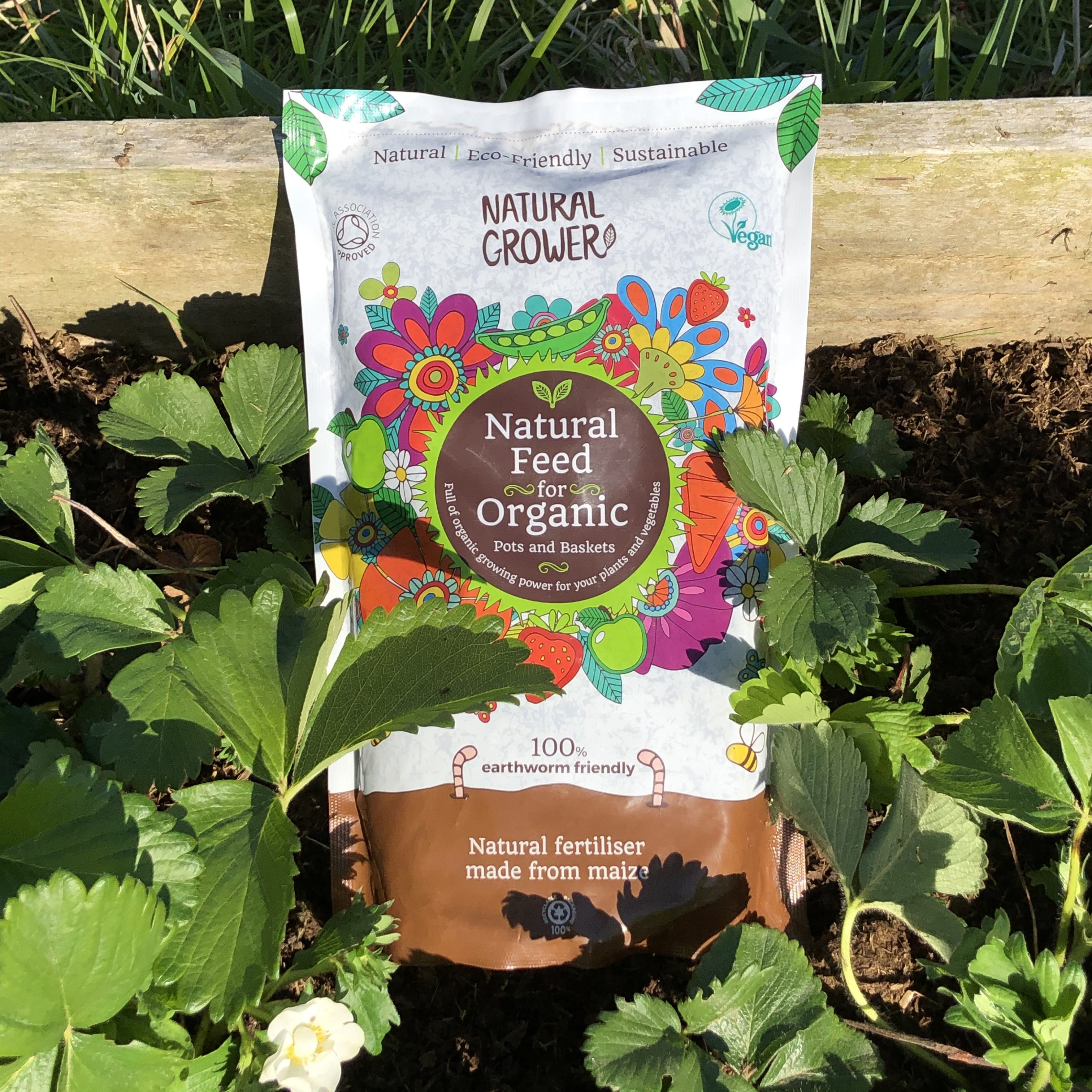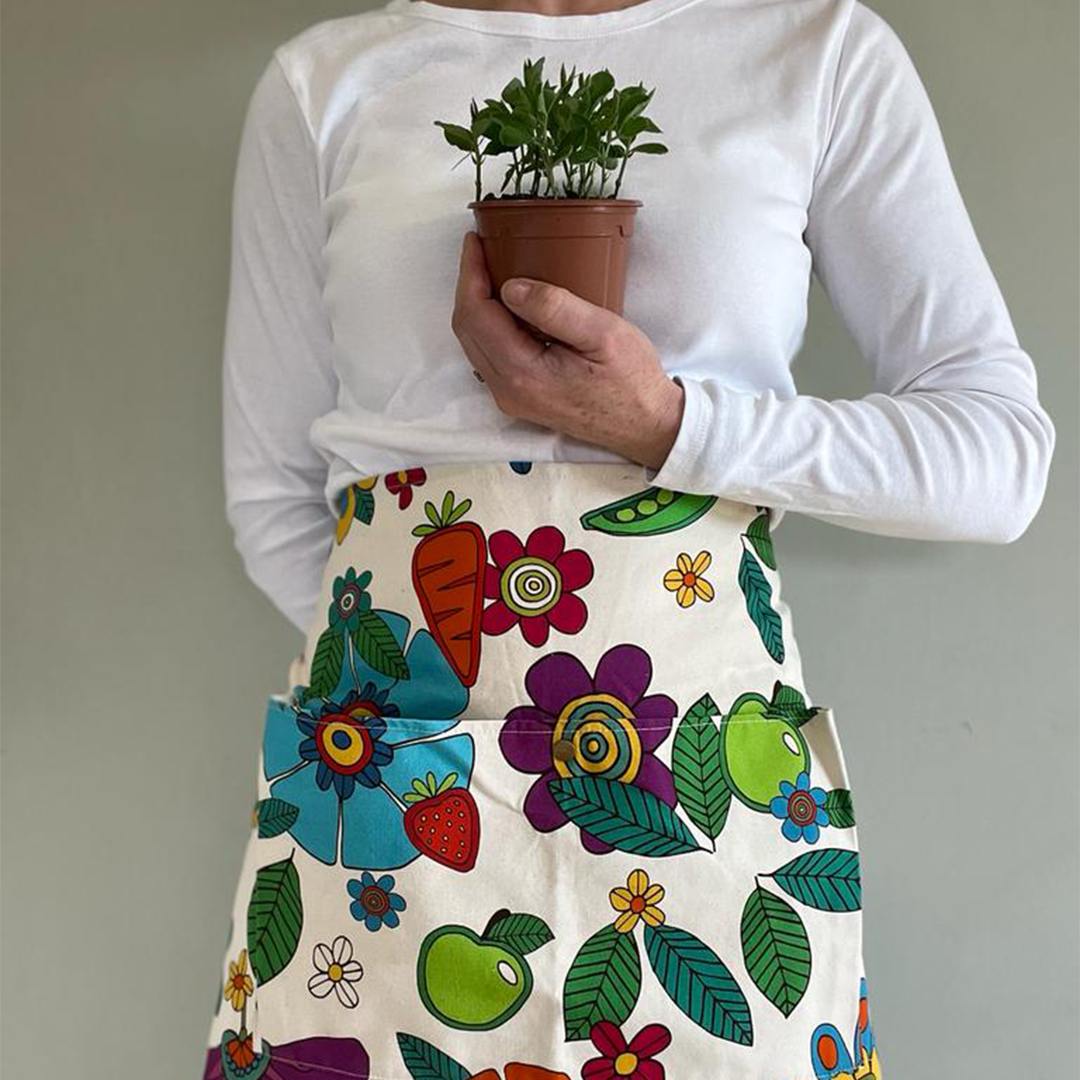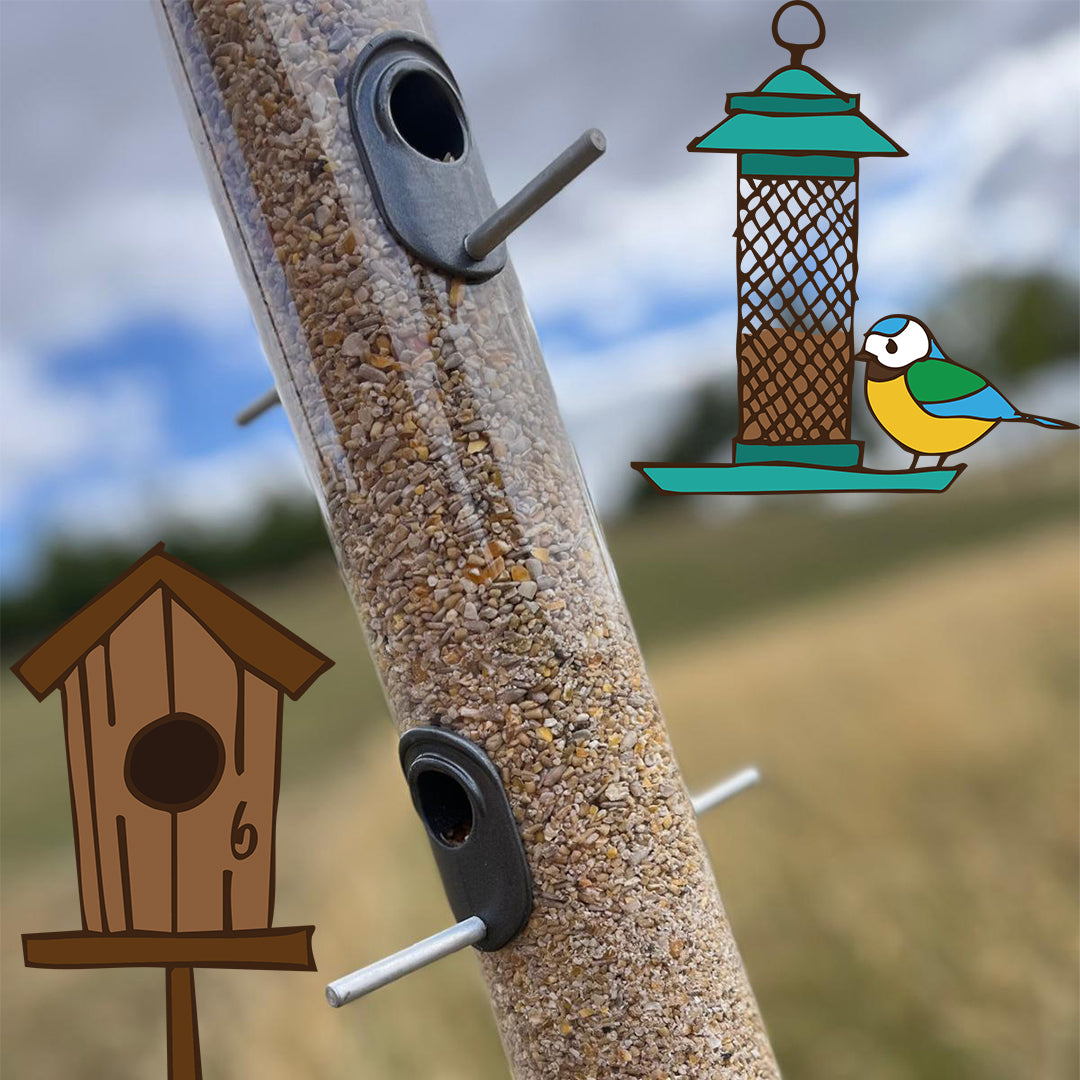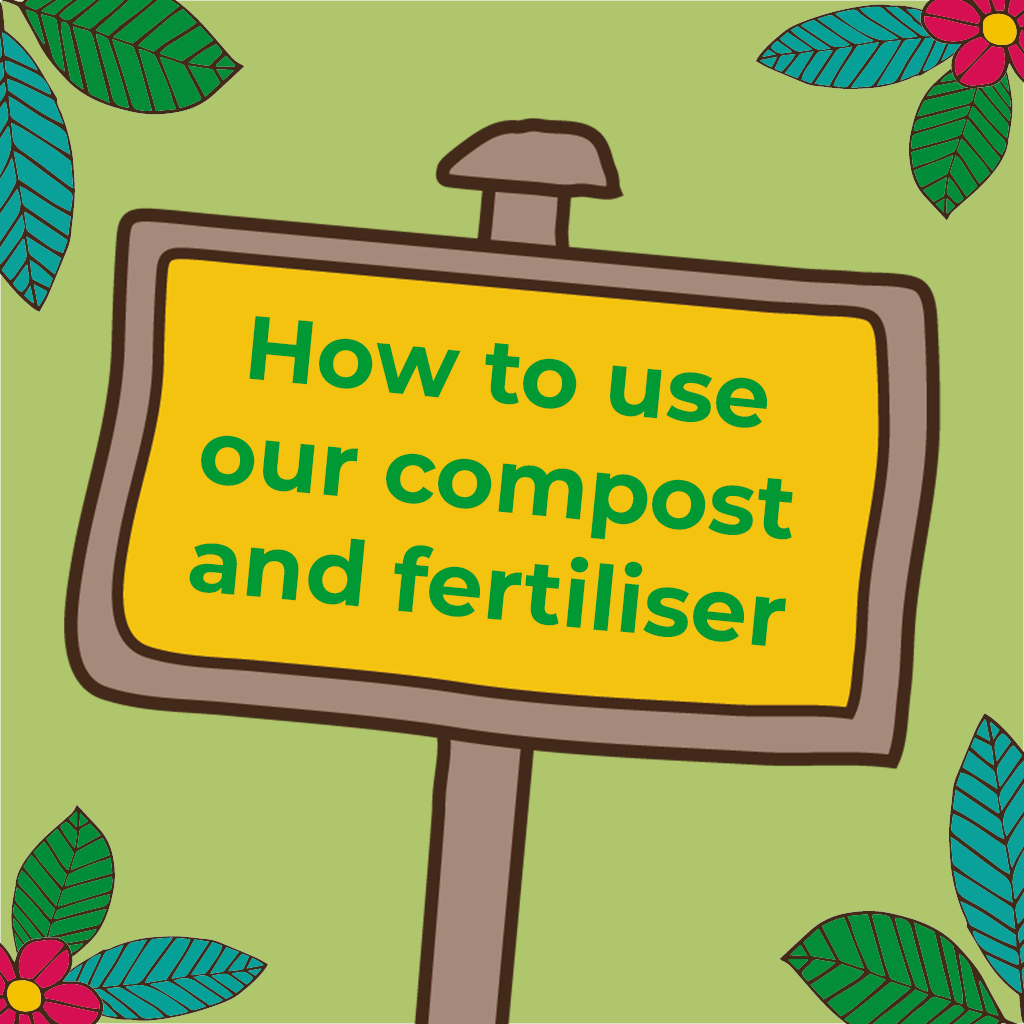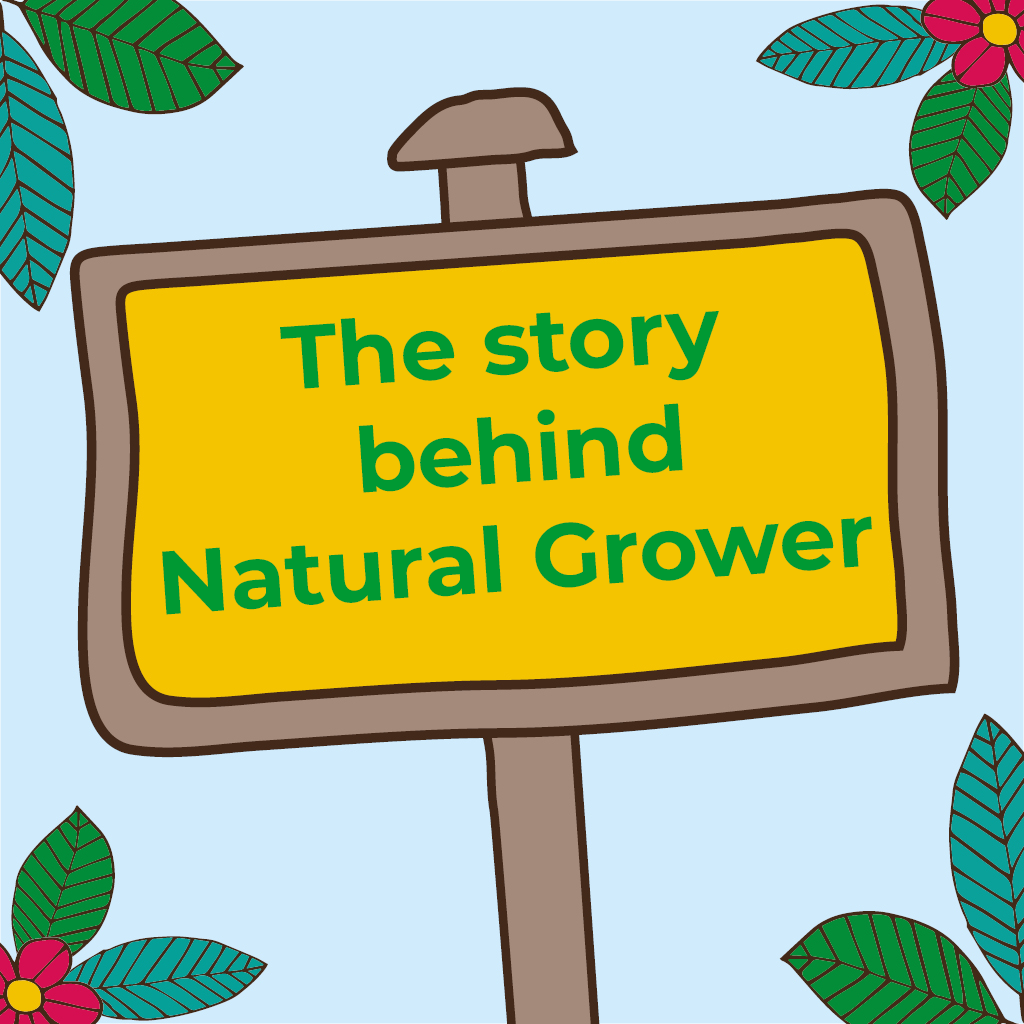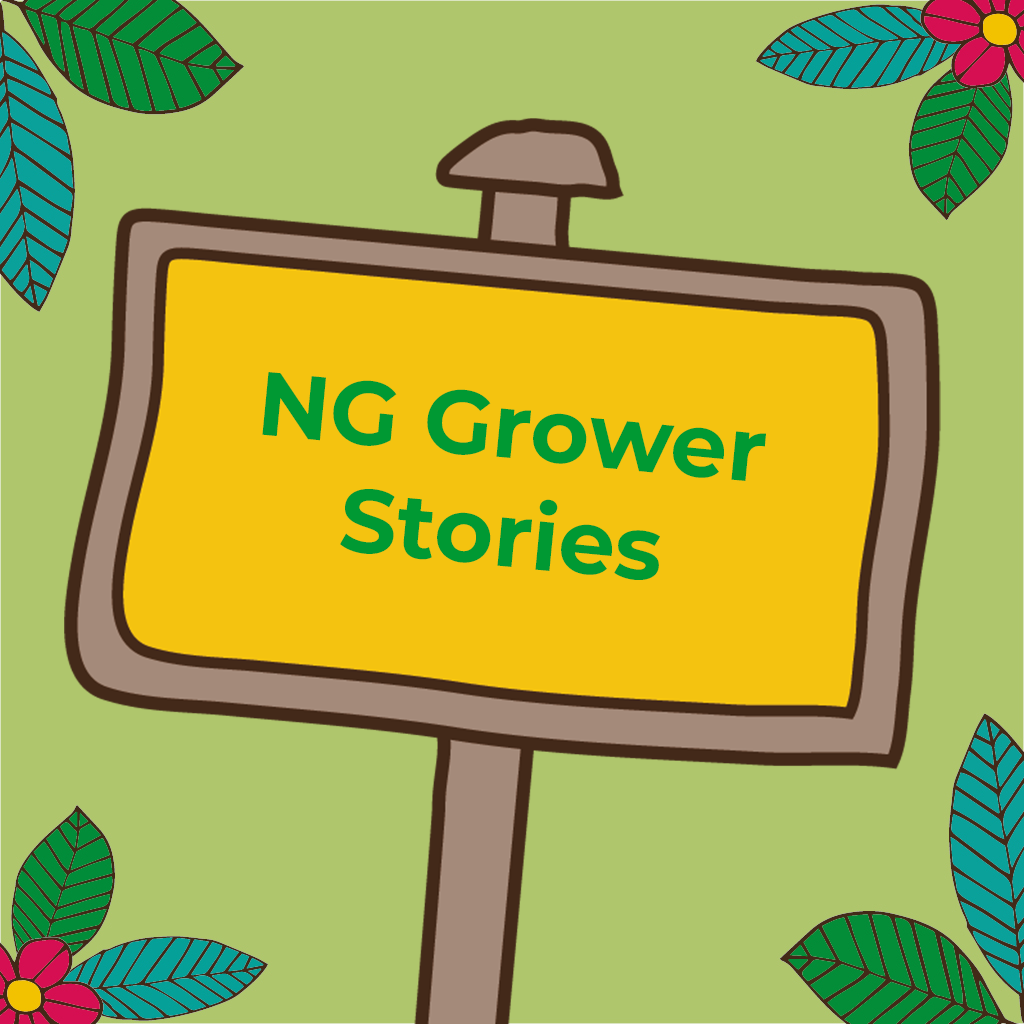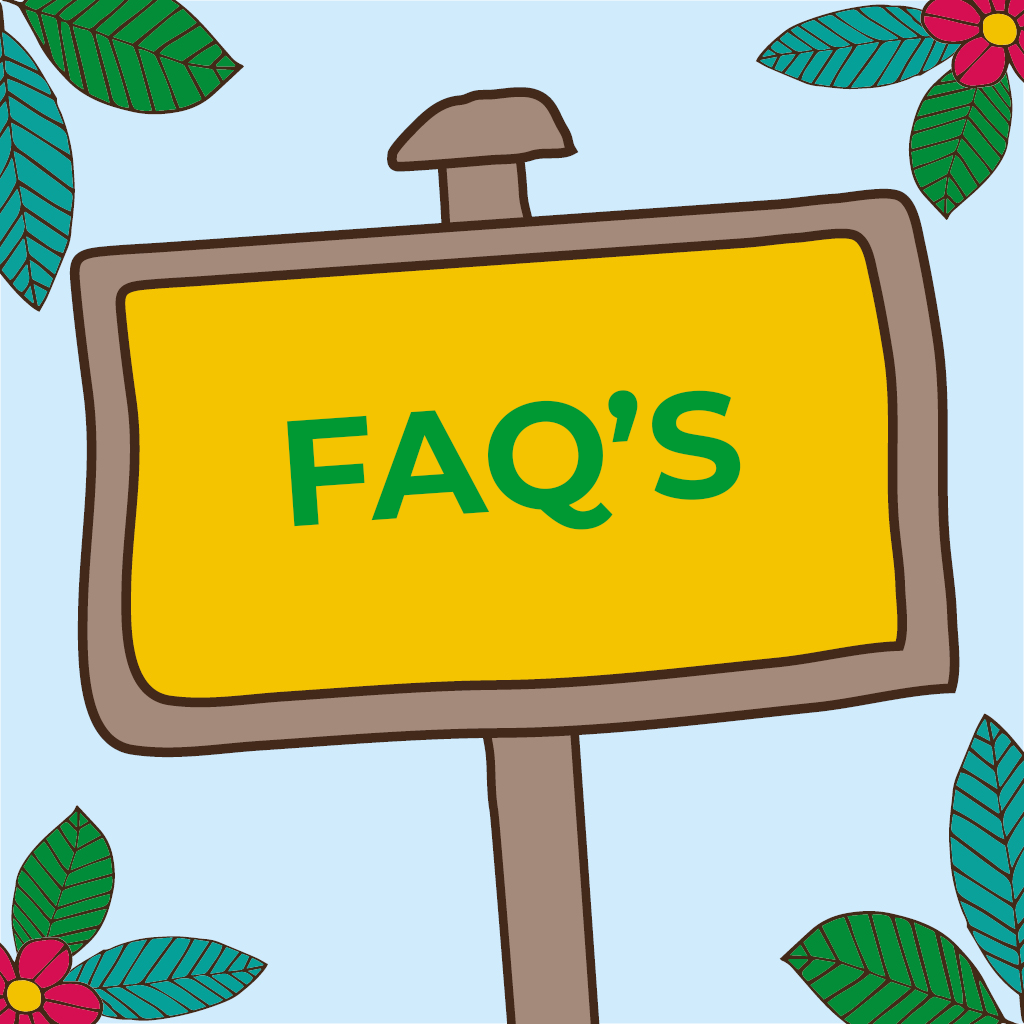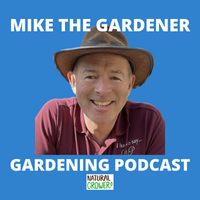
Chemical free tips to rebalance the eco-systems in your garden.
Plant flowers that attract and feed butterflies to increase pollination.
Gardens can act as important stepping-stones between nature reserves and other natural habitats by offering abundant supplies of nectar and food plants for butterflies.
In the UK, our gardens cover two million acres of land – that’s 15 million gardens, each of which can be a mini haven for these beautiful pollinating insects. According to Butterfly Conservation, the presence of butterflies in a habitat is considered to be a good indicator of the general health and biodiversity to be found there.
Even a small window-box sprouting nectar sources like Shasta Daisy, Cosmos, and Catmint can provide butterflies with an important source of food and shelter. French Marigold, Calendula and Dahlia especially attract the Small Tortoiseshell, Red Admiral and Peacock species. Nettles are also key to the survival of butterflies; leaving a patch in a sunny spot provides caterpillars with an important food source.
Butterflies are both widespread and scarce
There are about 60 UK butterfly species of which around 20 or so can be found in gardens. The twin challenges of climate change and biodiversity loss have contributed to the demise of UK butterflies in recent years. The use of pesticides, intense farming, the loss of meadows and the removal of hedgerows have all been devastating to their environment.
Common species such as the Small Tortoiseshell and Small White are found nationwide in the UK, others – such as the Large Blue, Swallowtail or Purple Emperor – are restricted to particular and often now tiny and protected habitats.
Many that we may think of as UK residents are in fact migrants, travelling sometimes thousands of miles to arrive on our shores: Painted Ladies, Clouded Yellows, Red Admirals – all come from afar to brighten our summers.
Annual Butterfly Education & Awareness Day (BEAD)
The first Saturday of June is Butterfly Education and Awareness Day (BEAD), which aims to promote the importance and joy of butterfly gardening and habitat creation/restoration. It’s organised by the Association for Butterflies (AFD), which is a non-profit organisation dedicated to the welfare of butterflies through conservation, research, education and support to professional butterfly farmers.
Useful links
The UK’s Wildlife Trusts share tips on how to attract butterflies to your garden. https://www.wildlifetrusts.org/actions/how-attract-butterflies-your-garden
Also in the UK, Butterfly Conservation provide useful lists and leaflets:
https://butterfly-conservation.org/how-you-can-help/get-involved/gardening/gardening-for-butterflies.
https://butterfly-conservation.org/sites/default/files/1.bc_gardening_leaflet_v3.pdf
butterflies, Butterfly Education & Awareness Day, caterpillars, Chemical free, eco-system, nectar for butterflies
